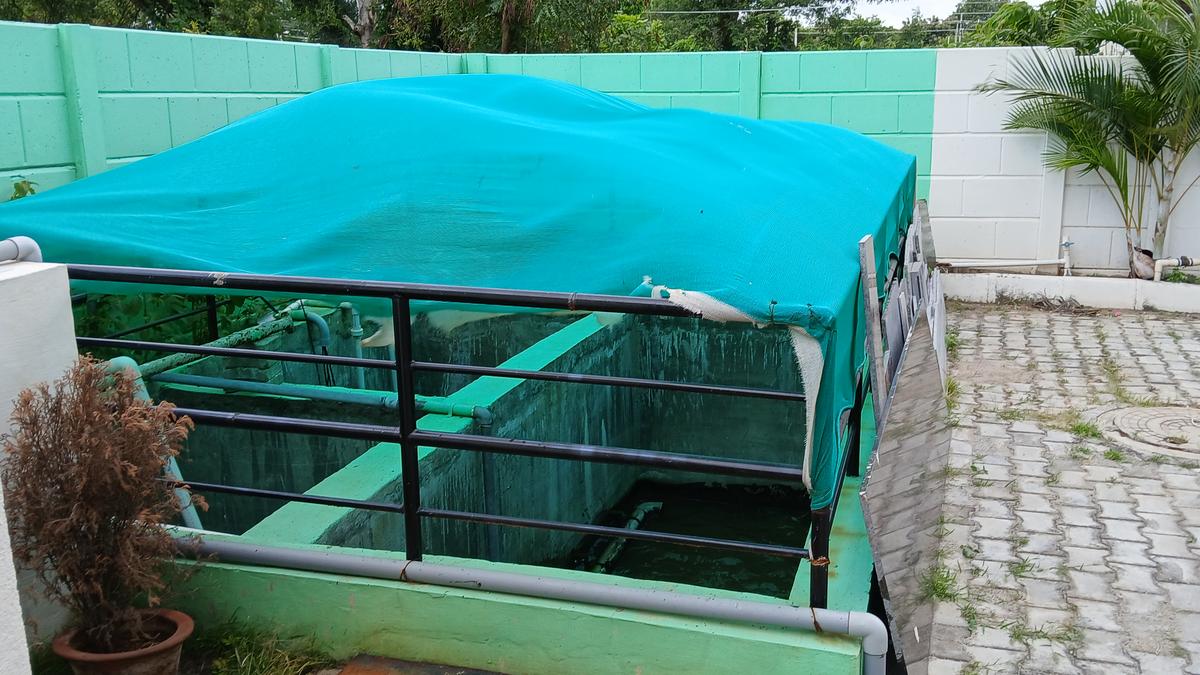
Treated water is now available, but who will transport it?
The Hindu
While the Bangalore Water Supply and Sewerage Board’s (BWSSB) policy of allowing apartments to sell treated sewage water is a new alternative water source, the real challenge lies in the transportation of this water. Apartment complexes with surplus treated water are finding it difficult to sell it as tankers are not available, among other logistical reasons.
While the Bangalore Water Supply and Sewerage Board’s (BWSSB) policy of allowing apartments to sell treated sewage water is a new alternative water source, the real challenge lies in the transportation of this water. Apartment complexes with surplus treated water are finding it difficult to sell it as tankers are not available, among other logistical reasons.
Arun Kumar, co-founder and Governing Council Member, Bengaluru Apartments Federation (BAF), said, “Treated water is being wasted because there are no buyers, and no market has been created for it. The water that is treated, but not used, goes down the drain and gets mixed with untreated water, which essentially makes it as good as untreated water. Apartments invest time, effort, and money, only for it to be wasted. There are transportation issues as well, as buyers have to spend money to transport the water, and tankers are in short supply as it’s not viable because there isn’t a proper market for treated water. The government must mandate that treated water be used for parks, roads with plants, and other non-potable purposes, instead of using fresh water.”
Rajagopalan, president, L&T South City, Bannerghatta Road, added, “Tankers which are designated for transporting treated water cannot transport fresh water anymore. Hence the tankers are short in supply as it gets risky designating a tanker for a market that is not there.”
“Transporting water is the major challenge for construction companies when buying from BWSSB, which is why they often turn to borewell water,” said Suresh Hari, secretary, Confederation of Real Estate Developers’ Associations of India (CREDAI). Similar concerns have been raised by apartment representatives.
Despite these challenges, some apartment complexes successfully implemented the sale of treated water. L&T South City, Bannerghatta has an STP capacity of 9.3 lakh litres per day, and sells water at ₹20 per kilolitre.
“We have sold over 2 crore litres so far, earning ₹4 lakh. Apart from this, we also give free treated water to Puttenahalli Lake. Since we have a dedicated pipeline into the lake, transportation is not a concern. We were also buying water for ₹33,000 everyday but now we don’t buy a single tanker and save ₹10 lakh per month,” said Mr. Rajagopalan.
Similarly, Century Saras, Yelahanka’s former General Secretary, Satish Mallya said that their complex has an STP capacity of 75,000 litres per day and they were selling 20,000 litres per day to a nearby construction site for 2.5 months. “We were only able to do this as we had a pipeline to their site. Otherwise, the real bottleneck in selling treated water is the transportation,” he said.













